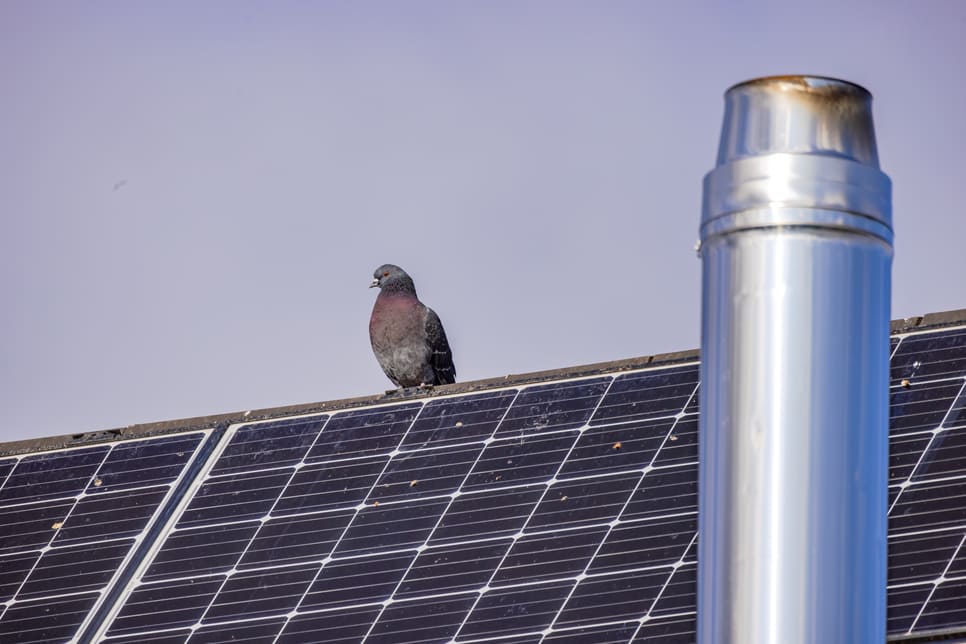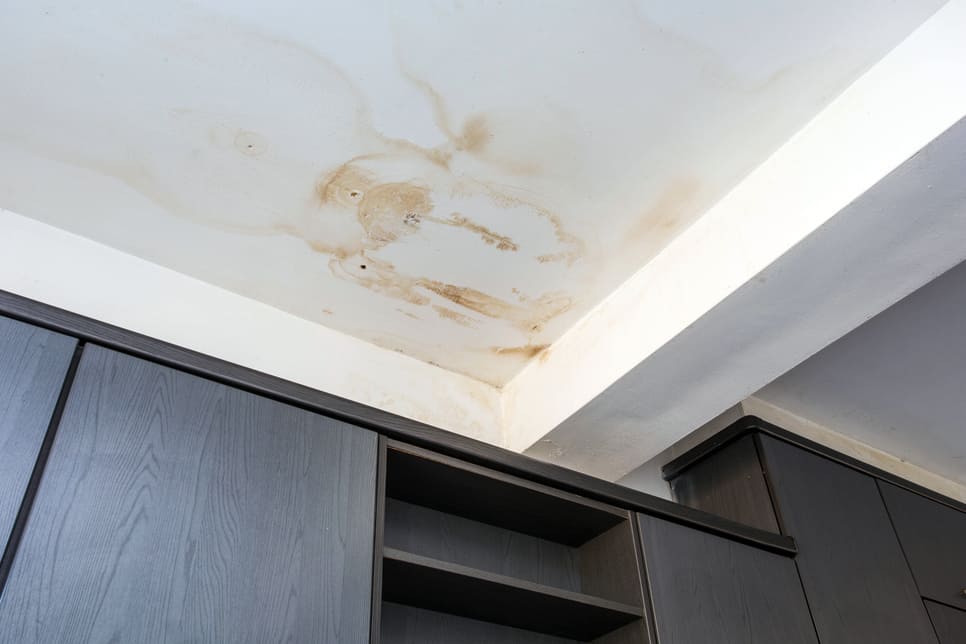Before You Get Solar Panels Consider This

Types of Solar Panels
When considering solar panels, it's essential to understand the different types available. The two primary types of solar panel systems are string inverters and microinverters. Each type has its pros and cons, which can impact your decision.
String Inverters
Pros:
- Cost-Effective: String inverters are generally less expensive than microinverters.
- Simpler Installation: Easier to install, which can reduce labor costs.
- Efficiency: Good overall efficiency, particularly in consistent sunlight conditions.
Cons:
- Single Point of Failure: If one panel in the string underperforms or fails, the entire system's output can be reduced.
- Shade Sensitivity: Performance can be significantly affected by shading on any part of the string.
- Limited Monitoring: Typically, monitoring is done at the string level rather than individual panels.
Microinverters
Pros:
- Maximized Performance: Each panel operates independently, so shading or malfunction of one panel doesn't affect the others.
- Better Monitoring: Allows for monitoring of individual panel performance, providing detailed data.
- Increased Flexibility: Easier to expand the system if needed.
Cons:
- Higher Cost: More expensive than string inverters, both for the inverters themselves and the installation.
- Complex Installation: More complex installation process, which can increase labor costs.
- More Maintenance Points: More components can mean more potential points of failure and maintenance.
Important Considerations Before Installing Solar Panels
Understand the Costs
The initial cost of solar panels can be significant, but it's important to weigh this against potential long-term savings on your energy bills. Consider the cost of the panels, installation, and any additional equipment needed, such as inverters and batteries. Additionally, look into financing options, such as solar loans or leases, which can help spread out the cost over time.
Evaluate Your Home’s Suitability
Not every home is ideal for solar panels. Key factors to consider include:
- Location: Homes in sunny regions will benefit more from solar energy.
- Roof Condition: Ensure your roof is in good condition and can support the weight of the panels.
- Orientation and Angle: South-facing roofs with a tilt angle of 30-45 degrees are typically the most efficient.
- Shading: Trees, buildings, or other obstructions that cast shadows on your roof can reduce the efficiency of solar panels.
Know the Maintenance Requirements
While solar panels require relatively low maintenance, it's important to keep them clean and free from debris to maintain efficiency. Periodic inspections can help identify and address any issues early. Understanding the maintenance requirements can help you decide if you are comfortable handling them yourself or if you will need to hire a professional.
Explore Incentives
There are various incentives and tax credits available that can help offset the initial cost of installing solar panels. Federal tax credits, state incentives, and even local rebates can significantly reduce your out-of-pocket expenses. Research what is available in your area and factor these savings into your financial calculations.

Consider Pests
Pigeons and other pests can pose a problem for solar panel systems. Birds often nest under panels, causing damage and reducing efficiency. Consider installing bird mesh or other deterrents to keep pests away from your panels.
Understand the Installation Process
The installation of solar panels involves more than just placing them on your roof. You will need to work with a qualified installer who can assess your home’s electrical system, obtain the necessary permits, and ensure that the installation meets local building codes. Understanding the process can help you better plan and prepare for the installation.
Evaluate Energy Needs and System Size
Assess your household’s energy consumption to determine the size of the solar panel system you need. Reviewing past utility bills can help estimate your average energy usage. This information is crucial for sizing your system appropriately to meet your energy needs without over-investing.
Grid Connection and Battery Storage
Decide whether you want your solar panel system to be connected to the grid or if you prefer an off-grid system with battery storage. Grid-tied systems allow you to sell excess energy back to the utility company, whereas off-grid systems rely entirely on stored energy. Each option has its advantages and disadvantages, so consider what works best for your situation.
Longevity and Warranty
Solar panels are a long-term investment, so consider the lifespan and warranty of the panels you choose. Most panels come with a 25-30 year warranty, but it’s important to understand what is covered. Additionally, inquire about the longevity of other system components like inverters and batteries.
Impact on Home Value
Solar panels can increase the value of your home, but this can vary depending on your location and market conditions. Research how solar installations have affected home values in your area to understand the potential return on investment.
By considering these factors, you can make an informed decision about whether solar panels are the right choice for your home. We hope you find these insights helpful as you explore this sustainable energy solution.

Roof Integrity and Warranty
Installing solar panels involves drilling holes into your roof to mount the panels. If not done correctly, this can lead to water damage as water might seep through improperly sealed holes. It's essential to hire a reputable installer who uses proper sealing techniques to prevent leaks.
Additionally, you should check your roof's warranty before installing solar panels. Modifying your roof by drilling holes for solar panel mounts can sometimes void the warranty. This could mean that future repairs or replacements might not be covered, leading to potential out-of-pocket expenses. Some solar companies offer to assume responsibility for your roof warranty, but ensure you are working with a reputable company. Otherwise, it could turn into a blame game between the home warranty provider and the solar company if the roof gets damaged. Discuss this thoroughly with both your installer and roofing company to fully understand the implications and ensure your roof remains protected.
